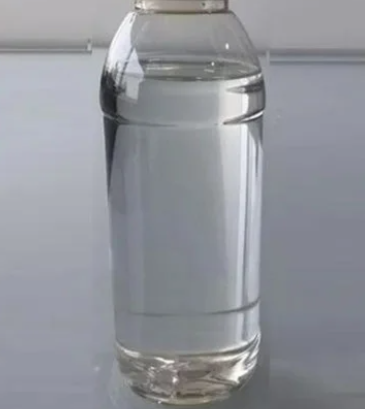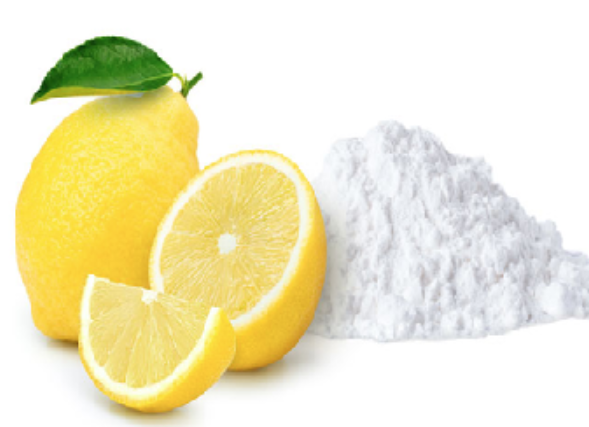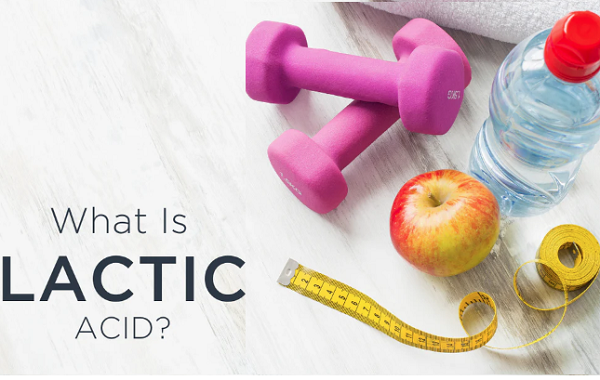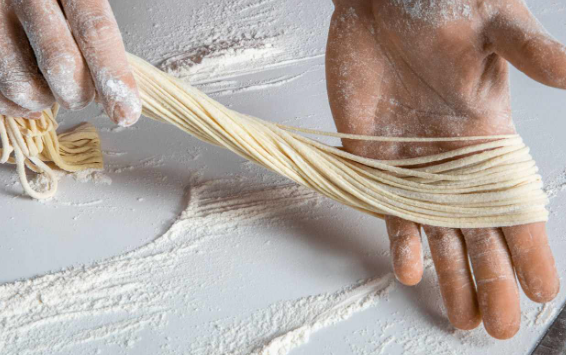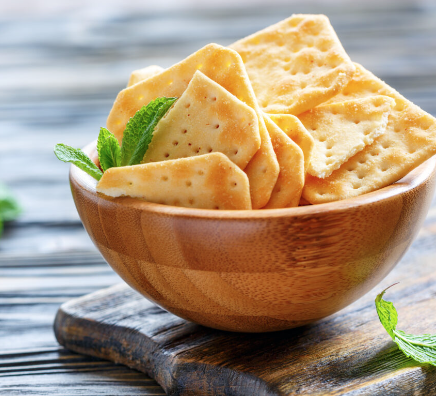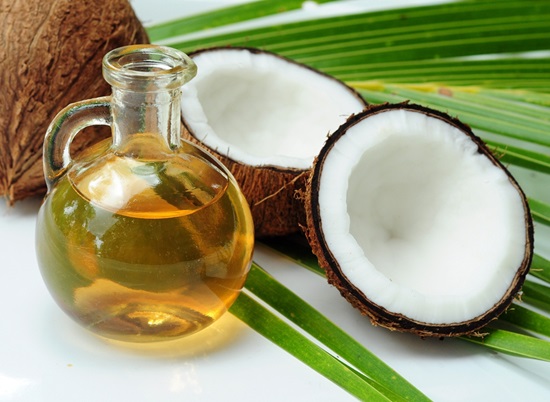Food Additives refers to a kind of natural or artificially synthetic chemicals which can improve the sensory properties (color, smell, taste) of food and food quality. To the adult foods, we can add some additives according to the China's health standards. However, the food additives should be strictly controlled to be applied to infant foods. Infant body has a relative weak detoxification mechanisms or protection mechanisms, being likely to cause the accumulation of large quantities of chemical substances. The World Health Organization and many countries have specified that food additives are not allowed to be supplemented to the infant food. Children's food should also be limited from using of food additives such as saccharin, colorings and flavors. Especially, for the food of baby of less than 12-week-old such as infant formula and cereal products, they should be completely free of food additives. Classification of the food additives: Food additives can be divided into two categories including natural food additives and synthetic food additives. Natural food additive is obtained through using animal and plant or microbial metabolites as raw materials and further extraction. Chemical synthetic additives are obtained through de novo synthesis using chemical substances as raw materials. According to the usage purpose and the nature of chemicals, food additives can be divided into various categories, namely: (1) acid, alkali, salt; (2) bulking agent; (3) antioxidant and synergist; (4) the carrier solvent ; (5) edible pigment; (6) emulsifier, stabilizer and thickener; (7) enzyme preparation for food processing; (8) antifoaming agent; (9) the flavorant (10) bleaching agent; (11) color former; (12) quality improver; (13) sweetener; (14) preservative; (15) sour agent; (16) anti-caking agent; (17) coagulant and
Why is Malic acid used in food
Malic acid is used to increase food acidity, giving more flavor, but it is also used as a flavoring substance and color stabilizer. It is identified with the acronym E296.
May 13,2024 Food AdditivesQ:Is mineral oil safe?
A:When highly refined, mineral oils do not cause any adverse effects. However, if the petroleum is not highly refined, it may include polycyclic aromatic hydrocarbons (PAHs), which are carcinogenic.
May 13,2024 Food AdditivesQ:What is Citric acid and sodium citrate?
A:Sodium citrate is the trisodium salt of citric acid, a flavoring agent, and an anticoagulant. Sodium citrates are used as acidity regulators in food and drinks and as oil emulsifiers.
May 11,2024 Food Additives2-phenoxyethanol in vaccines
2-Phenoxyethanol is an organic chemical compound sometimes used in cosmetics and antiseptics. It is also currently used as a preservative in one FDA-approved available vaccine, Ipol, for the preventio
May 7,2024 Food AdditivesWhat is lactic acid commonly used for?
Historically, the primary use of lactic acid has been in food for acidulation and preservation, and it has been granted GRAS (generally recognized as safe) status by the FDA.
Apr 30,2024 Food AdditivesPotassium carbonate: a food additive
One of the uses of potassium carbonate is an additive in producing some foods. Additives are essential compounds for the production of various foods.
Apr 15,2024 Food AdditivesCan Ammonium bicarbonate be used as a food additive?
Ammonium bicarbonate is a clear white crystalline solid with a faint ammonia smell. It slowly degrades the environment into ammonia, carbon dioxide, and water.
Apr 9,2024 Food AdditivesHow to Melt Coconut Oil at Home?
Coconut oil is made by pressing fresh or dried coconut meat, However, coconut oil usually solidifies when the temperature drops. This article will introduce how to melt coconut oil at home.
Mar 21,2024 Food AdditivesIs it safe to take tricaprin?
Tricaprin is considered safe for use in food and cosmetics by organizations such as the Food and Drug Administration (FDA) and the Cosmetic Ingredient Review (CIR).
Mar 8,2024 Food AdditivesIs Silicon Dioxide safe as a food additive?
As a food additive, Silicon Dioxide is an anticaking agent to avoid clumping. In supplements, it prevents the various powdered ingredients from sticking together.
Mar 1,2024 Food Additives




